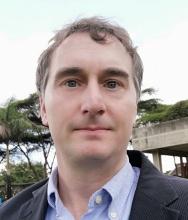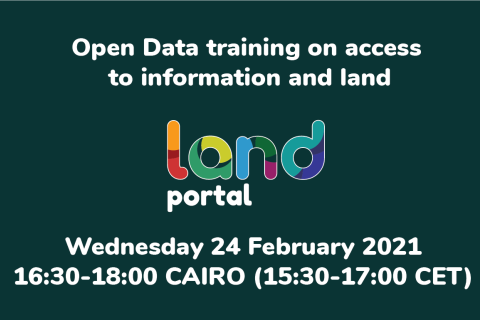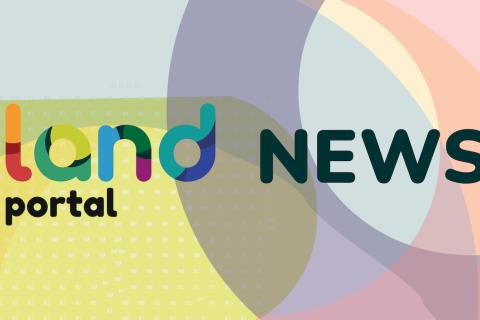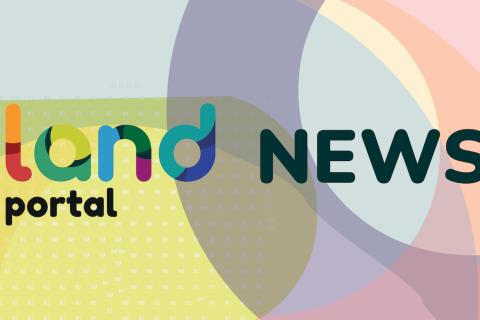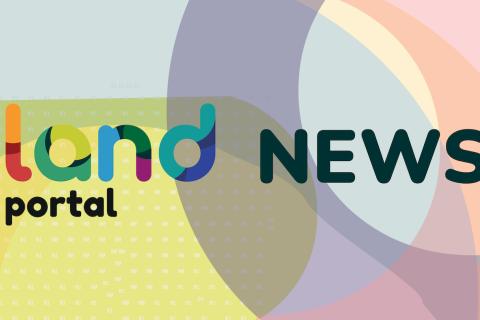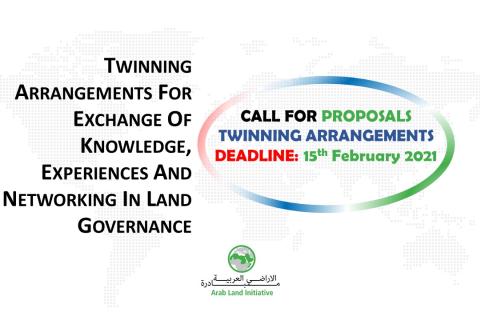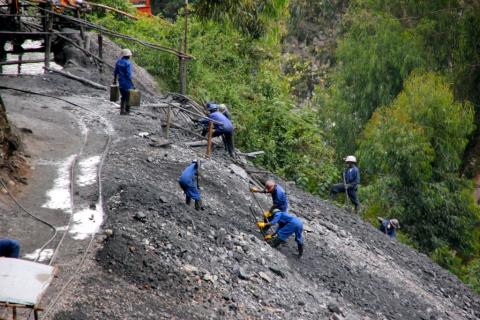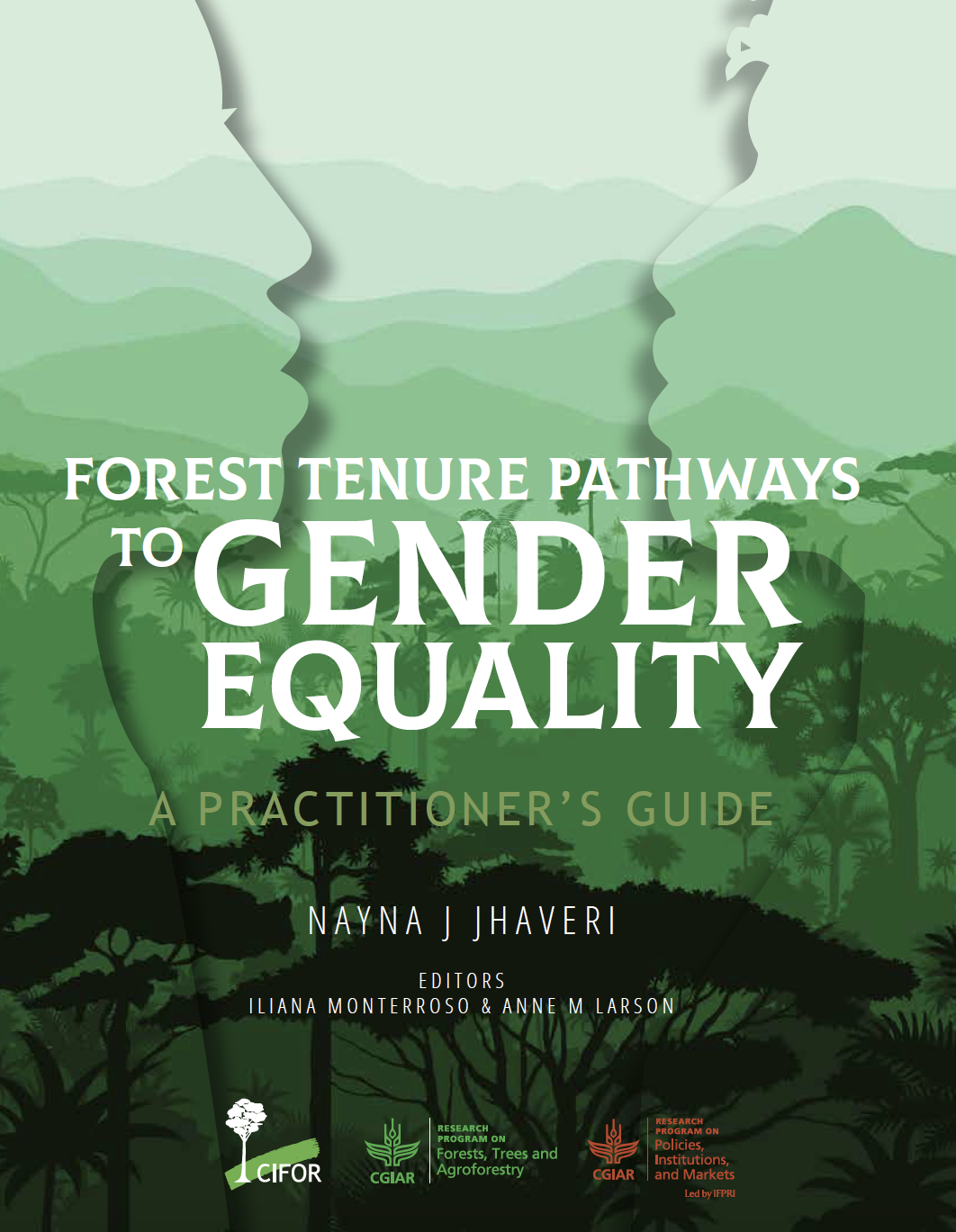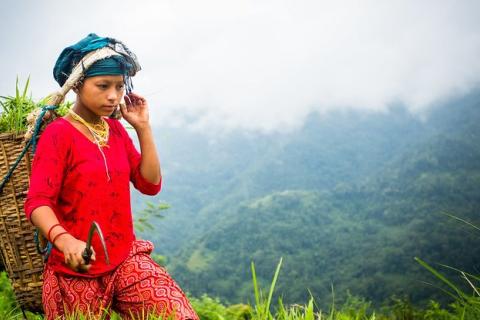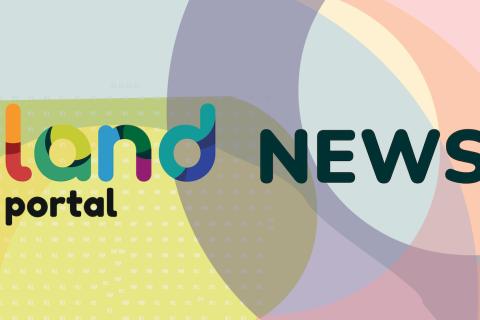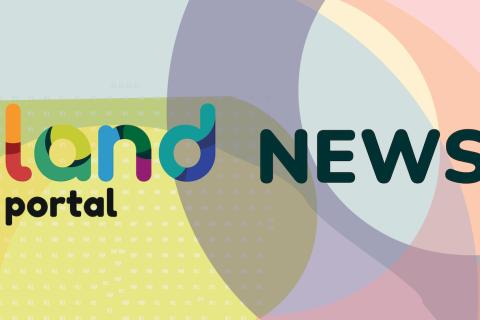Neil Sorensen joined the Land Portal as its Communications Specialist in October 2015. He has extensive experience leading communications for international organizations and developing relationships with civil society, donors, intergovernmental agencies, the media and the private sector. Previously, Neil worked for the International Fund for Agriculture Development (IFAD) as a Governing Bodies Officer and Strategic Adviser to the Secretary of IFAD. He has also led communications for three international organizations, including the International Land Coalition, the International Federation of Agricultural Producers (IFAP) and the International Federation of Organic Agriculture Movements (IFOAM). He holds a Master’s degree in Global Diplomacy from the University of London School of Oriental and African Studies (SOAS) as well as a Bachelor’s degree with a double major in German and Sociology from St. Cloud State University.
Details
Location
Contributions
Displaying 371 - 380 of 1144Open Data training on access to information and land
Masterclass 10 (16:30-18:00)
Webinar Recording: Contributing to SDGs Through Pro-poor Approaches for Strengthening Land Tenure During the COVID Pandemic
Representatives from Lantmäteriet, the Rwanda Land Management and Use Authority, and Cadasta Foundation shared experiences from the Swedish International Development Cooperation Agency-funded Advanced International Training Programme for Applied Land Governance. The discussion focused on how the training is being applied to improve efficiency and equity in land and resource rights of women and marginalized communities, in Rwanda and in the region.
Invitation to submit to a special issue publication on "Land Perspectives: People, Tenure, Planning, Tools, Space, and Health”
Good land administration helps to secure property tenures. It also protects the land rights of people (including individuals, communities, and the state) through good governance principles and practices. Therefore, probing land administration practices—whether in developed or developing countries—is essential to developing tools or methods for securing natural resource rights for people, especially for the youth and women. A broad knowledge gap exists on the land/water/forest–people–health–wellbeing nexus of natural resource administration research and practice.
Call for proposals: Twinning arrangements for exchange of knowledge, experiences and networking in land governance
The Arab Land Initiative, facilitated by the Global Land Tool Network and UN-Habitat, is launching a call for proposals to solicit the interest from organisations working in the Arab region to the twinning arrangement initiative. The initiative aims at pairing two organisations from countries in the Arab region (or one from the region and one from outside the region) to exchange knowledge and experiences, and build networks in the area of good land governance and land administration.
Secure land rights are now more important than ever
In the wake of the coronavirus pandemic, many low-income countries are looking to their untapped natural resources as a way to deliver a swift economic boost. But there are concerns that the drive for urgent solutions could impinge on vital governance safeguards.
Forest tenure pathways to gender equality: A practitioner’s guide
This practitioner’s guide explains how to promote gender-responsive forest tenure reform in community-based forest regimes. It is aimed at those taking up this challenge in developing countries. There is no one single approach to reforming forest tenure practices for achieving gender equality and women’s empowerment. Rather, it involves taking advantage of opportunities that emerge in various institutional arenas such as policy and law-making and implementation, government administration, customary or community-based tenure governance, or forest restoration at the landscape scale.
New guide aims to accelerate forest tenure pathways to gender equality
Forest tenure reform in the global south has often failed to be gender-responsive, but there is increasing interest in taking up this challenge to activate effective change.
Now, a new guide created by scientists with the Center for International Forestry Research (CIFOR) aims to make the process more accessible, recommending a three-step process, billed as “analyze, strategize, and realize,” to support interventions in local and national contexts.
Council of Minorities in Bangladesh uses Cadasta Land Rights Grant as Step Toward Upgrading 50-year-old Refugee Camps
Cadasta is pleased to award a Data Accelerator Grant to the Council of Minorities, a Bangladeshi human rights organization founded in 2013 that works for establishing the rights of minority communities in Bangladesh.

